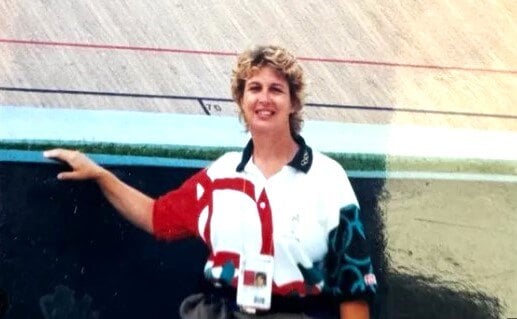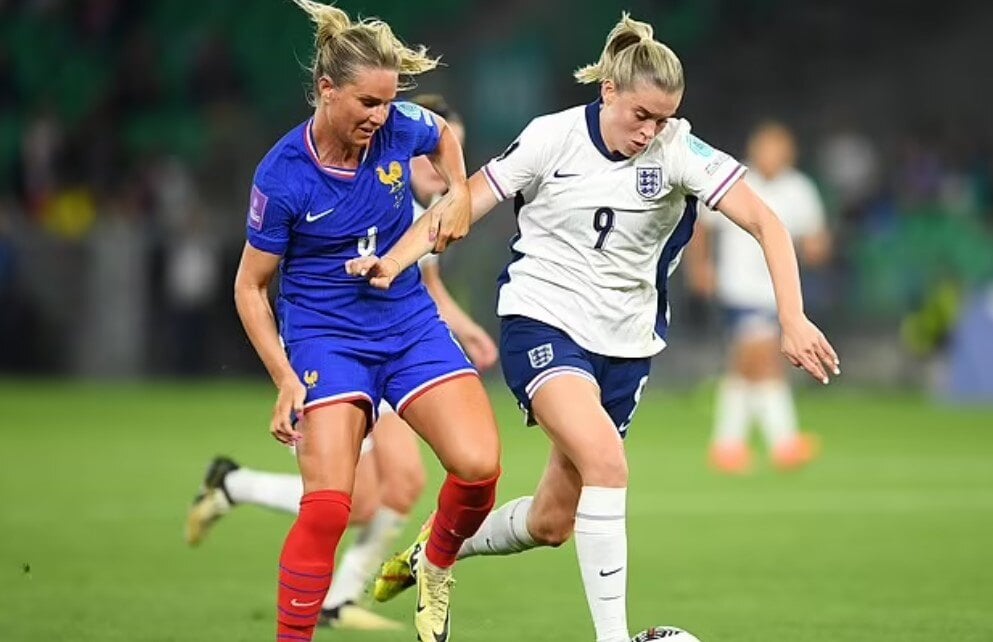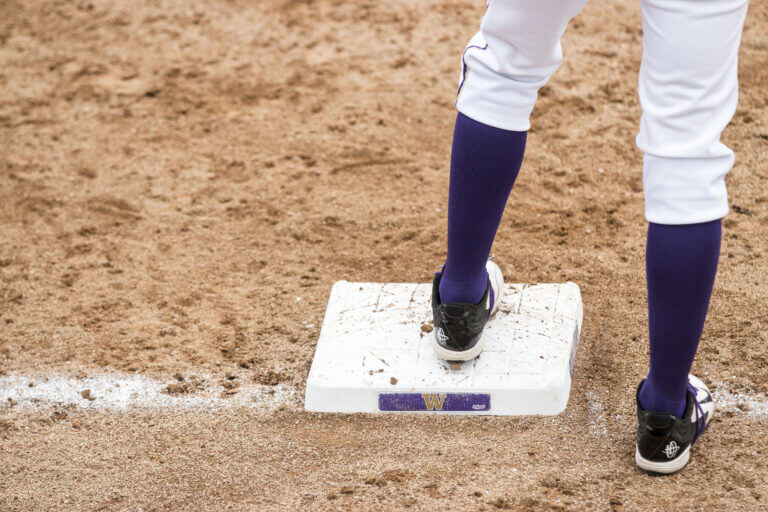Australia Confronts the Research Gap in Women’s Sport and Health
 Australian researchers are taking a major step to close the longstanding knowledge gap in women's health and athletic performance.
Australian researchers are taking a major step to close the longstanding knowledge gap in women's health and athletic performance.
 A new initiative by the Australian Institute of Sport (AIS), in collaboration with Edith Cowan University and the University of Technology Sydney, is developing an "evidence gap map" — a tool to assess the quality and quantity of existing research, highlight critical deficiencies, and guide future studies.
A new initiative by the Australian Institute of Sport (AIS), in collaboration with Edith Cowan University and the University of Technology Sydney, is developing an "evidence gap map" — a tool to assess the quality and quantity of existing research, highlight critical deficiencies, and guide future studies.
“There is a growing concern that sometimes the threshold for what is good quality kind of moves,” said Paolo Menaspà, AIS Chief Science Officer.
The project will involve a systematic evaluation of existing studies, scrutinizing them for bias and reliability to ensure athletes and coaches receive trustworthy information.
Input from athletes and coaches has driven the project’s focus areas, with topics like menstrual and gynecological health, bone health, and illness taking priority. Dr. Rachel Harris, Female Performance and Health Initiative Lead at the AIS, emphasized the urgent need:
“We want that information that gets to our athletes to be based on high-quality research… not from low-quality research that is just flash in the pan.”
This effort aligns with the launch of the Global Alliance for Female Athletes — a partnership between Australia, the U.S., U.K., and New Zealand — to collaboratively address the shared challenges in female athlete care.
“None of this information is around state secrets,” said Dr. Harris. “We just wanted to… avoid duplication, collaborate more.”
The consequences of outdated or male-centered research are real. From misdiagnosed conditions to increased injury risks, such as ACL tears during menstruation, women athletes face unique challenges that demand focused study.
“We're definitely not where we need to be yet,” Dr. Harris said. “Hopefully for Brisbane 2032, we're going to know a lot more… if we start this process now.”
Read the full story here!
![HR Logo [Recovered]_Full Color Vertical-1](https://blog.healthyroster.com/hs-fs/hubfs/HR%20Logo%20%5BRecovered%5D_Full%20Color%20Vertical-1.png?width=199&height=178&name=HR%20Logo%20%5BRecovered%5D_Full%20Color%20Vertical-1.png)
 By
By


